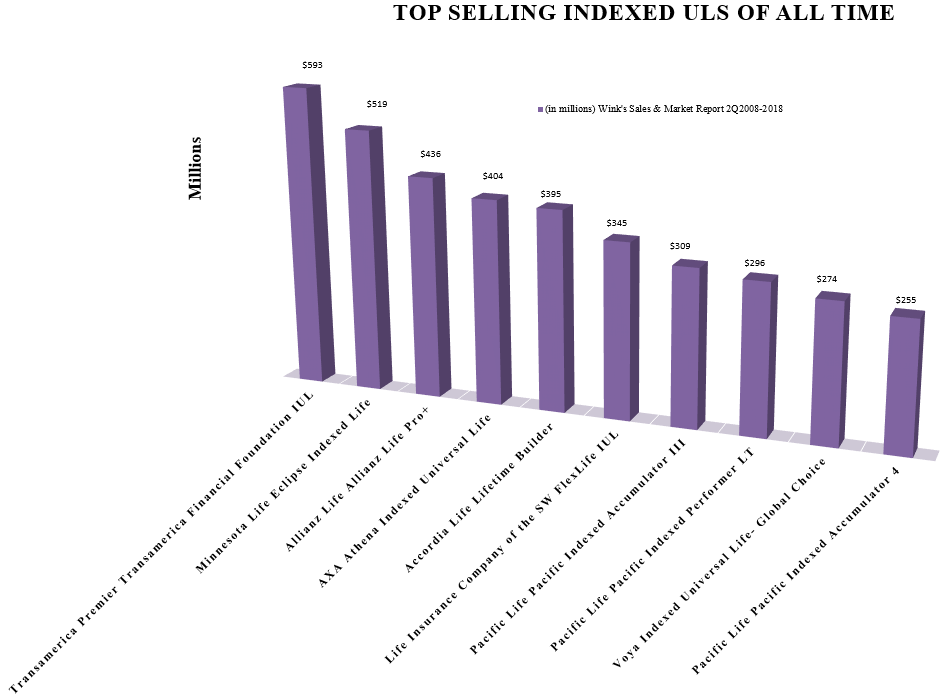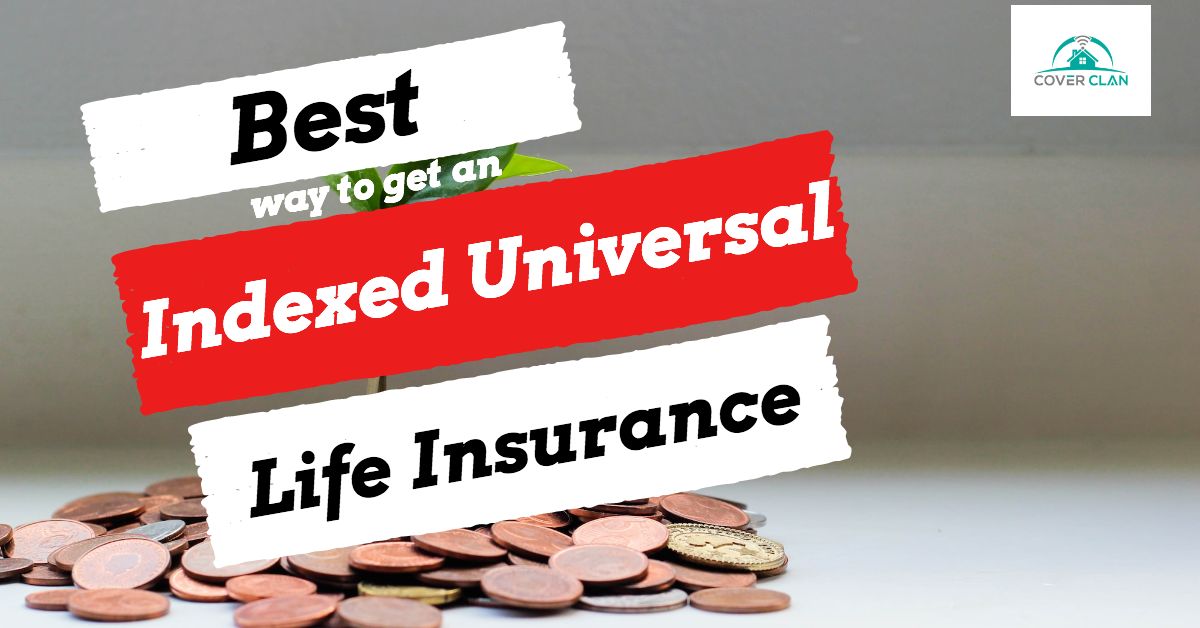All Categories
Featured
Table of Contents
Do they compare the IUL to something like the Lead Total Amount Supply Market Fund Admiral Shares with no load, a cost ratio (EMERGENCY ROOM) of 5 basis points, a turn over proportion of 4.3%, and an extraordinary tax-efficient record of circulations? No, they compare it to some awful actively managed fund with an 8% lots, a 2% ER, an 80% turnover ratio, and a horrible record of short-term resources gain circulations.
Shared funds typically make yearly taxed distributions to fund proprietors, even when the value of their fund has actually decreased in value. Mutual funds not just require earnings reporting (and the resulting yearly taxes) when the common fund is increasing in worth, but can also enforce revenue taxes in a year when the fund has actually decreased in worth.
That's not exactly how shared funds work. You can tax-manage the fund, gathering losses and gains in order to minimize taxable circulations to the financiers, but that isn't in some way mosting likely to change the reported return of the fund. Only Bernie Madoff kinds can do that. IULs avoid myriad tax obligation traps. The possession of common funds may call for the shared fund proprietor to pay estimated taxes.

IULs are simple to position to make sure that, at the proprietor's fatality, the recipient is not subject to either income or inheritance tax. The same tax obligation reduction methods do not function almost as well with common funds. There are numerous, often costly, tax obligation traps connected with the timed buying and selling of common fund shares, catches that do not put on indexed life Insurance policy.
Chances aren't extremely high that you're mosting likely to undergo the AMT because of your mutual fund distributions if you aren't without them. The rest of this one is half-truths at finest. While it is true that there is no income tax obligation due to your heirs when they inherit the earnings of your IUL policy, it is likewise real that there is no income tax obligation due to your heirs when they acquire a common fund in a taxed account from you.
Universal Insurance Near Me
There are better means to prevent estate tax obligation problems than getting investments with low returns. Common funds might cause income taxes of Social Safety advantages.
The development within the IUL is tax-deferred and may be taken as tax complimentary earnings via loans. The policy proprietor (vs. the common fund manager) is in control of his or her reportable revenue, thus enabling them to decrease and even get rid of the taxes of their Social Security benefits. This one is terrific.
Here's one more marginal concern. It's real if you get a shared fund for state $10 per share prior to the circulation date, and it disperses a $0.50 circulation, you are after that mosting likely to owe tax obligations (probably 7-10 cents per share) despite the reality that you have not yet had any kind of gains.
In the end, it's really about the after-tax return, not how much you pay in taxes. You're also most likely going to have even more cash after paying those tax obligations. The record-keeping needs for having common funds are substantially a lot more complicated.
With an IUL, one's documents are kept by the insurance provider, duplicates of annual declarations are sent by mail to the proprietor, and distributions (if any type of) are completed and reported at year end. This one is additionally type of silly. Of training course you must keep your tax documents in instance of an audit.
Universal Life Insurance Providers
All you need to do is shove the paper right into your tax obligation folder when it reveals up in the mail. Barely a reason to buy life insurance policy. It's like this person has never purchased a taxed account or something. Common funds are commonly component of a decedent's probated estate.
Furthermore, they go through the delays and costs of probate. The profits of the IUL plan, on the other hand, is constantly a non-probate circulation that passes outside of probate directly to one's called recipients, and is as a result not subject to one's posthumous financial institutions, undesirable public disclosure, or comparable delays and expenses.
We covered this one under # 7, but simply to evaluate, if you have a taxed shared fund account, you must place it in a revocable trust (and even less complicated, utilize the Transfer on Death classification) in order to prevent probate. Medicaid incompetency and lifetime revenue. An IUL can give their owners with a stream of revenue for their whole lifetime, regardless of the length of time they live.

This is valuable when arranging one's events, and converting assets to income prior to an assisted living facility arrest. Shared funds can not be converted in a comparable way, and are often thought about countable Medicaid assets. This is another stupid one supporting that bad people (you recognize, the ones that need Medicaid, a federal government program for the bad, to spend for their retirement home) must make use of IUL instead of mutual funds.
Universal Life Insurance Comparison
And life insurance policy looks dreadful when compared relatively against a pension. Second, individuals who have money to get IUL above and past their retired life accounts are mosting likely to need to be dreadful at handling money in order to ever before certify for Medicaid to spend for their assisted living home expenses.
Persistent and incurable disease biker. All policies will enable a proprietor's very easy accessibility to money from their policy, typically waiving any kind of surrender penalties when such individuals suffer a major health problem, need at-home treatment, or end up being confined to an assisted living home. Shared funds do not give a similar waiver when contingent deferred sales fees still apply to a shared fund account whose owner needs to offer some shares to money the expenses of such a stay.
Universal Index Life
You get to pay even more for that benefit (cyclist) with an insurance coverage policy. Indexed global life insurance policy supplies death benefits to the recipients of the IUL owners, and neither the proprietor nor the beneficiary can ever lose money due to a down market.
I certainly don't need one after I get to financial independence. Do I desire one? On standard, a purchaser of life insurance pays for the true price of the life insurance policy advantage, plus the prices of the plan, plus the revenues of the insurance business.
Best Variable Life Insurance
I'm not totally certain why Mr. Morais included the entire "you can't lose cash" once again right here as it was covered fairly well in # 1. He simply intended to duplicate the most effective selling factor for these things I suppose. Again, you do not lose small bucks, but you can shed real bucks, as well as face significant opportunity price as a result of reduced returns.

An indexed universal life insurance policy owner might exchange their policy for a totally various policy without activating earnings taxes. A mutual fund proprietor can stagnate funds from one common fund business to an additional without selling his shares at the previous (hence activating a taxed event), and buying new shares at the latter, usually based on sales fees at both.
While it is real that you can trade one insurance coverage policy for one more, the factor that people do this is that the initial one is such an awful policy that even after acquiring a new one and undergoing the very early, negative return years, you'll still come out in advance. If they were offered the appropriate policy the very first time, they should not have any kind of need to ever trade it and experience the very early, unfavorable return years again.
Latest Posts
Universal Life Brokers
Single Premium Indexed Universal Life
Universal Life Policy Calculator